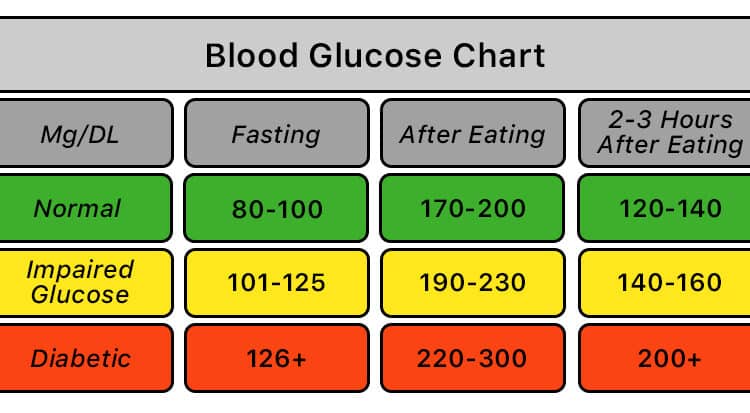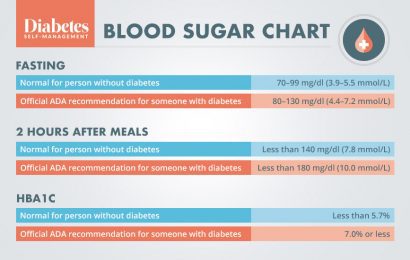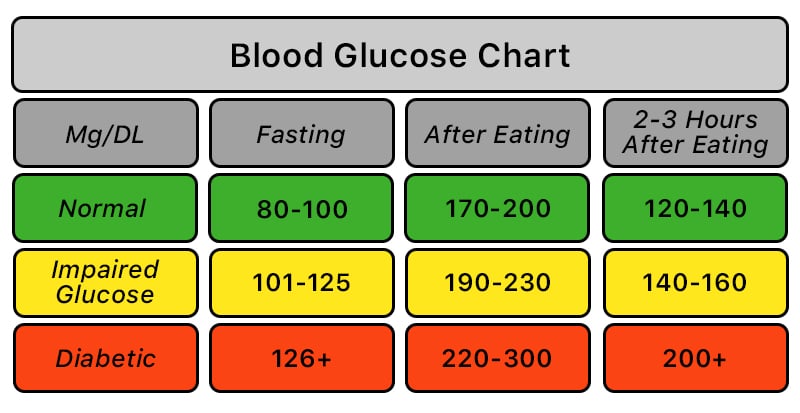
The order in which you eat your protein, vegetables, and carbs impact your blood sugar level from time to time.
According to one study, eating veggies and protein before carbs can help you regulate your insulin levels. According to research published in the journal Diabetes Care, the hierarchy in which the food plate is devoured plays a significant effect in determining the post-meal glucose and insulin levels in obese patients.
A group of Weill Cornell Medical College experts in New York City did an investigation on diabetes patients and healthy people. So, they found many facts in investigation. In order to have a healthy and balanced body it is important for your Blood sugar level to be normal.
How To Maintain Blood Sugar Level Range?
The study focuses on the sequence of meal consumption and concludes that when we consume vegetables and protein before carbs, glucose levels substantially lower at the 30, 60, and 120-minute assessments – by about 29 percent, 37 percent, and 17 percent, respectively. When protein and veggies were consumed first, insulin levels were much lower.

The formalized paraphrase “According to senior author Dr. Louis Aronne, instead of telling their patients “don’t eat that,” practitioners should tell them “consume this before that.”
Dr. Aronne, who is also the head of Weill Cornell’s Comprehensive Weight Control Center, says it is tough to advise someone to reduce their carbohydrate consumption and adds. This study suggests that patients may be able to drop their blood sugar and insulin levels more easily.”
A typical Indian lunch consists of a part of rice or roti, another portion of dal. Also, additional portions of a vegetable or non-vegetarian meal. Meals can control blood sugar levels. However, a Proper healthy diet is a key of healthy body.
What Is Normal Level?
A blood sugar level less than 140 mg/dL (7.8 mmol/L) is normal. Sugar level of more than 200 mg/dL (11.1 mmol/L) after 2 hours indicates diabetes. Also, between 140 and 199 mg/dL (7.8 mmol/L and 11.0 mmol/L) indicates prediabetes.

According to a study published in the BMC Public Health journal in 2020, the average daily calorie consumption in India is less than 2503 kcal/capita/day across all categories analyzed, with the exception of the richest 5% of the population. According to the study, the calorie content of grains is much higher than that of fruits, vegetables, meat, and eggs. In other words, the study discovered that Indians consume fewer proteins and veggies. Proteins and veggies plays a vital role in our diet and helps our blood sugar and insulin levels to be in moderation.
To monitor their glucose levels, patients with type 2 diabetes commonly conduct a finger prick test. If a patient’s blood sugar level is continuously high or increases regularly, they are at risk of developing complications from their condition.
Diabetes affects 74.2 million people in India between the ages of 20 and 79. Diabetes sufferers are expected to reach 124.8 million by 2045. According to Health Minister Mansukh Mandaviya, who addressed the Lok Sabha in December 2021.
Healthy eating habits can prevent diseases like diabetes. So being aware of a proper diet and meals can really help maintain your diabetes as well as your blood sugar and insulin levels.
Alro Read, Health Benefits of Banana
Conclusions
If you are experiencing high blood sugar levels, it is important to take immediate action to lower them. Here are some ways to reduce your blood sugar level range quickly:
- Exercise: Exercise can help lower blood sugar levels by increasing insulin sensitivity. Even a short walk can help.
- Drink Water: Drinking plenty of water can help flush out excess sugar in the bloodstream.
- Eat Foods Rich in Fiber: Foods high in fiber can help slow down the absorption of sugar into the bloodstream. Some examples include whole grains, fruits, and vegetables.
- Avoid Carbohydrates: Eating carbohydrates can cause blood sugar levels to spike quickly, so try to avoid them until your levels have come down.
- Take Insulin: If you have been prescribed insulin, take it as directed by your healthcare provider to help lower your blood sugar levels.
- Monitor Your Levels: Check your blood sugar levels regularly to make sure they are coming down. If they are not, contact your healthcare provider.
- Get Enough Sleep: Lack of sleep can lead to higher blood sugar levels, so make sure you are getting enough rest.
It’s important to remember that if you are experiencing consistently high blood sugar levels, you should talk to your healthcare provider about adjusting your treatment plan.
Leave a Reply
You must be logged in to post a comment.